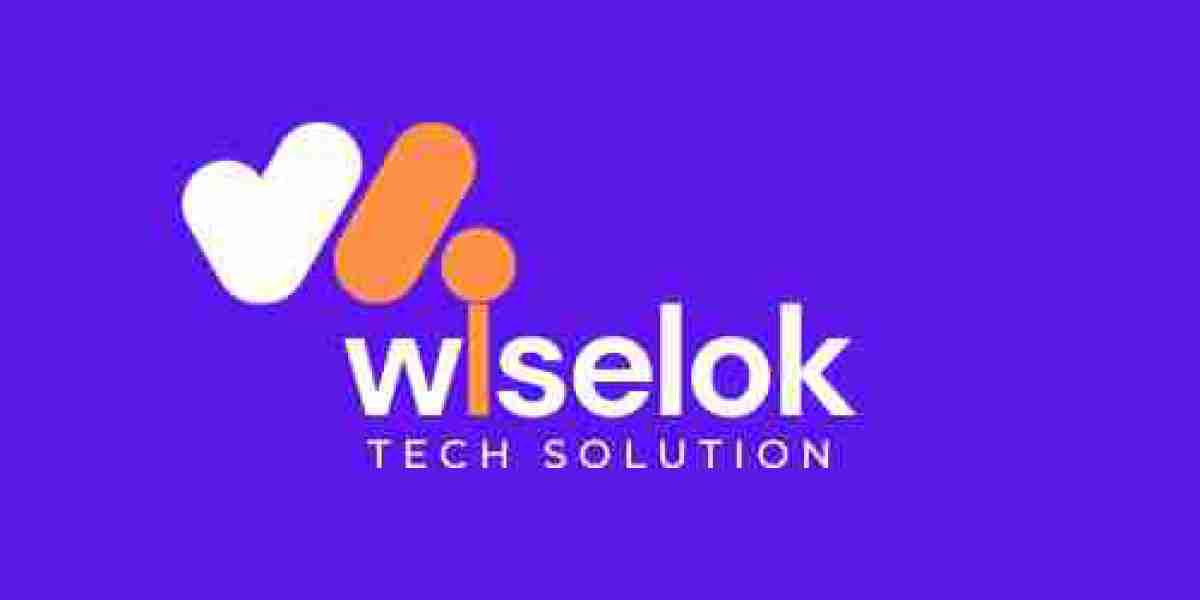The global Radiation Detection Monitoring Safety Market in terms of revenue was estimated to be worth $2.5 billion in 2022 and is poised to reach $3.6 billion by 2027, growing at a CAGR of 7.1% from 2022 to 2027. The new research study consists of an industry trend analysis of the market. The new research study consists of industry trends, pricing analysis, patent analysis, conference and webinar materials, key stakeholders, and buying behaviour in the market.
Market is driven by increase in cancer incidence globally, increased radiation safety awareness, an increase in the number of PET/CT scans, and increased use of nuclear medicine and radiation therapy for diagnosis and treatment.
Download a FREE Sample PDF of the Global Radiation Detection Monitoring Safety Market Research Report at https://www.marketsandmarkets.com/pdfdownloadNew.asp?id=987
Radiation Detection Monitoring Safety Market Key Players
The major players operating in this market are Thermo Fisher Scientific Inc. (US), Mirion Technologies Inc. (US), Fortive (US), AMETEK Inc. (US), and Fuji Electric Co., Ltd. (Japan), Ludlum Measurements Inc. (US), Arktis Radiation Detectors Ltd. (Switzerland), Polimaster (Belarus), Amray (Ireland), Infab Corporation (US), IBA Worldwide (Belgium), Bertin Technologies (France), RDC (US), Arrow-Tech Inc. Inc. (US), Centronic Ltd. (UK), S.E. International Inc. (US), among others.
The radiation detection and monitoring segment accounted for the largest share of the radiation detection monitoring safety industry, by product segment, in 2021
Based on product, the radiation detection monitoring safety market is segmented into radiation detection and monitoring products and radiation safety products. The radiation detection and monitoring products segment accounted for the largest share in 2021. The higher share of this segment is primarily attributable to the widespread use of radiation detection and monitoring equipment for applications in medical imaging during diagnosis, homeland security and causes, nuclear power plants, and industrial settings.
Gas-Filled Detectors segment of the radiation detection monitoring safety industry to register the highest growth rate during the forecast period
Based on composition, the global radiation detection monitoring safety market is segmented into gas-filled detectors, scintillators, and solid-state detectors. In 2021, the gas-filled detectors segment accounted for the largest percentage mostly as a result of the usability these detectors and the regularity of their detection outcomes in comparison to those of other detectors.
The healthcare accounted for the largest share of the radiation detection monitoring safety industry, by application segment, in 2021
Based on application, the global radiation detection monitoring safety market is segmented into healthcare, homeland security & defense, industrial applications, nuclear power plants and other applications. In 2021, the healthcare segment accounted for the largest share of this market, due to increasing adoption of dosimeters, monitors and full-body detectors in radiology, hospitals, nuclear industries, and defense industry as well as availability of skilled and professional radiology workforce.
Direct Purchase of the Global Radiation Detection Monitoring Safety Market Research Report at https://www.marketsandmarkets.com/Purchase/purchase_reportNew.asp?id=987
North America to dominate radiation detection monitoring safety industry
The global radiation detection monitoring safety market has been segmented into five major regions—North America, Europe, the Asia Pacific, Latin America and Middle East and Africa. North America accounted for the largest share of the radiation detection, monitoring and safety market. The large share of this regional segment can be attributed to the rising nuclear power industry all over the country, increasing incidences of cancer and government awareness and initiatives regarding radiation safety in the region.



